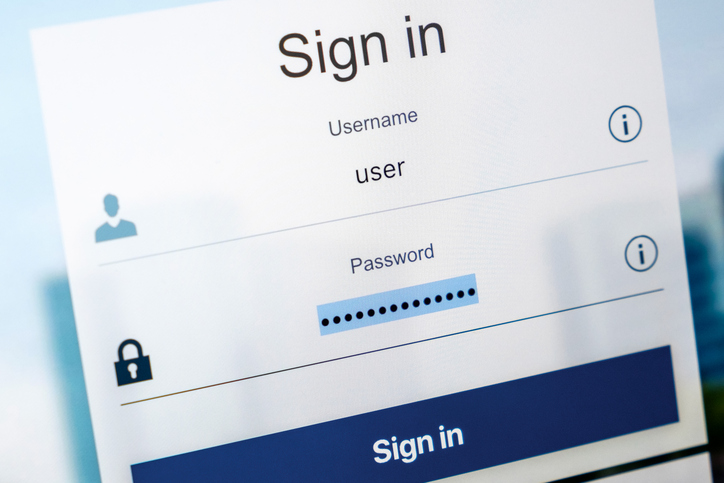
Biometric Class Action Against Facebook Greenlit by Ninth Circuit Court of Appeals
In an opinion article dated August 8, 2019, the Ninth Circuit Court affirmed the district court’s order certifying a class action of users who claim Facebook’s facial-recognition technology violates Illinois’s Biometric Information Privacy Act (BIPA). A copy of the Ninth Circuit’s opinion can be found here.
At issue is Facebook’s use of facial-recognition technology
without first obtaining the consent of its users. The court agreed that the plaintiffs
had sufficiently alleged a concrete and particularized harm sufficient to
confer Article III standing. The court…
Continue Reading



